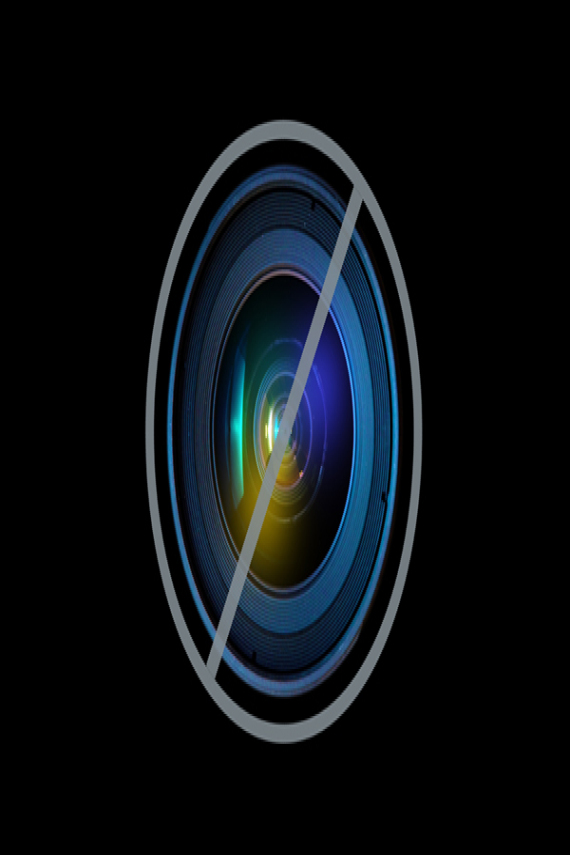Copyright law is boring. Unless there's a monkey involved. Then it's hilarious.
In 2011, British wildlife photographer David Slater traveled to Indonesia. He set up his equipment to take a photo of a crested black macaque. Suddenly, the monkey grabbed Slater's camera and started to take selfies. As you can imagine, the selfies were hilarious and adorable, and the photos went viral as soon as they hit the Internet.
Here is one of the photos (yes, we paid for it):

This sounds like an incredible opportunity for a photographer, right? Wrong. The photo eventually ended up on Wikipedia, as well as on Wikimedia Commons, an arm of the Wikimedia Foundation that hosts photos that are in the public domain and therefore free to use. Slater asked Wikimedia to take the photo down, arguing that the copyright belongs to him, and that he should get paid whenever someone wants to use the photo.
But Wikimedia has refused to remove the photo, since it was technically taken by the monkey, not by Slater. The Huffington Post spoke to Slater, who said he was "angry" and "aggrieved" over the situation.
Slater accused Wikipedia, which mentioned the monkey selfie in a recent transparency report, of "making a news story" of the issue. He added that he believes Wikipedia editors, most of whom are volunteers, "have a communistic view of life."
"It's potentially being run by people with political agendas," Slater said of Wikipedia. "The people who are editing it could be a new Adolf Hitler or a new Stalin ... They're using whatever suits their agenda."
He urged people to stop using Wikipedia. "It's important to tell people that Wikipedia should be not used as a source of truth," he said.
Katherine Maher, a spokeswoman for Wikimedia, emailed the following statement to HuffPost:
We take these assessments very seriously, and researched both sides of the argument. We didn't think the monkey owned the copyright -- instead, our assessment was that there's no one who owns the copyright. That means that the image falls into the public domain.
Under US law, for example, copyright claims cannot vest in to non-human authors (that is, non-human authors can't own copyrights). It's clear the monkey was the photographer. To claim copyright, the photographer would have had to make substantial contributions to the final image, and even then, they'd only have copyright for those alterations, not the underlying image.
Because the monkey took the picture, it means that there was no one on whom to bestow copyright, so the image falls into the public domain.
HuffPost also spoke with attorney Josh Bressler, who specializes in intellectual property law. Bressler said the "author" of a photograph is the one who has "contributed the expressive content."
The heart of the copyright issue, Bressler explained, is that a monkey is not considered a person under the law, and only a person can be an "author." Legally speaking, only humans and corporations are "people." Animals, on the other hand, are considered property, not people.
